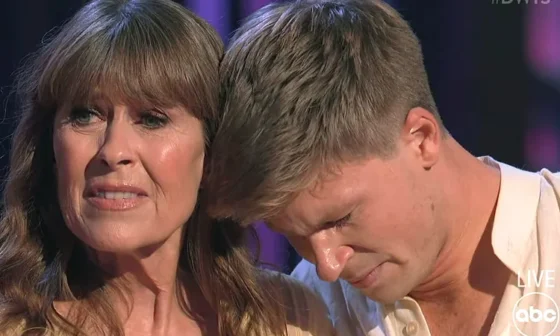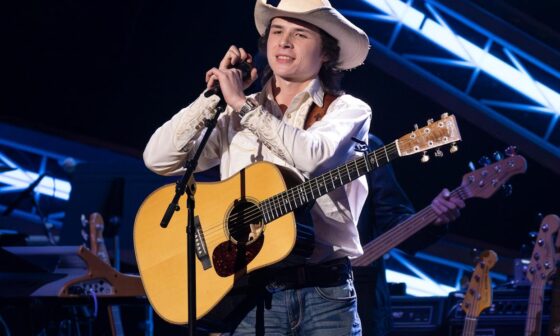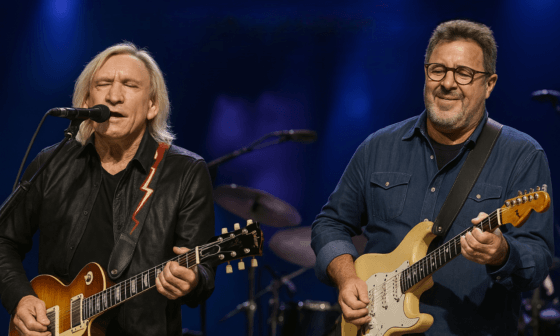On a gray July morning in Birmingham, Kelly Osbourne walked through a sea of cheers and tears—not as a celebrity, but as a daughter saying goodbye. There were no cameras following her every move, no emotional speeches on stage. Instead, she wore a single, silent symbol of the bond she shared with her father: round, tinted blue-purple sunglasses, nearly identical to the ones Ozzy Osbourne had made iconic.
It wasn’t a flashy tribute. It wasn’t designed for headlines. But in its quiet simplicity, it was pure Ozzy.
The connection between Kelly and her father was always deeper than fame. From their haunting 2003 duet of Black Sabbath’s “Changes” to their chaotic, hilarious, and heartfelt reality TV years, Kelly was not just Ozzy’s daughter—she was his confidante, his partner in mischief, and his fiercest defender. After his death at age 76, she took to social media to quote their song: “I feel unhappy… I am so sad. I lost the best friend I ever had.” The grief was unfiltered. The love, unmistakable.
As Ozzy’s coffin made its way through the streets of his hometown, tens of thousands lined the roads. A full brass band delivered thunderous, goosebump-raising versions of “Iron Man” and “Crazy Train.” But amidst the noise and the legacy, Kelly stood quietly, sunglasses shielding her eyes, her presence saying more than any eulogy ever could.
Those glasses weren’t just a nod to her father’s style. They were a message—one of connection, remembrance, and defiance in the face of loss. Just like Ozzy, Kelly chose to speak through symbols. Just like Ozzy, she didn’t need to explain herself.
As fans sang, wept, and saluted the man who defined a generation of rock, Kelly’s small gesture reminded the world that behind the legend was a father. And behind the public farewell was a private heartbreak.
It wasn’t about fame. It was about family.
And in that moment, beneath the weight of a nation’s mourning, a daughter’s love outshone even the Prince of Darkness.






